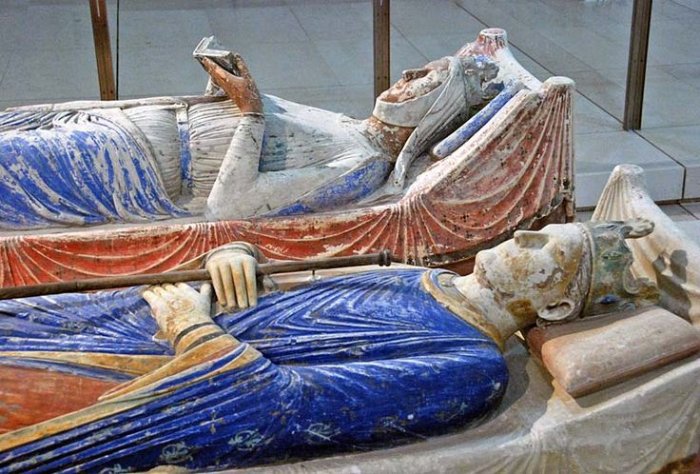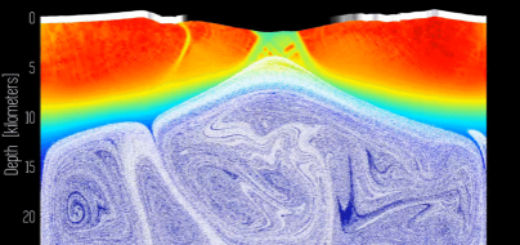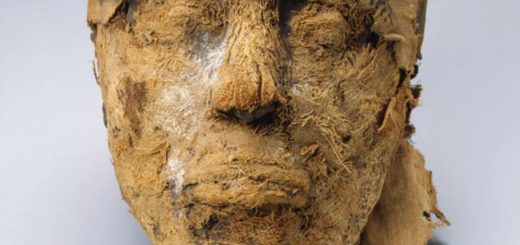On This Day In History: Henry II Crowned King of England – On Dec 19, 1154
On December 19, 1154, Henry II (also known as Henry Curtmantle) was crowned King of England.
Henry II was born in 1133 in France and was the grandson of Henry I. He was the First Plantagenet King of all fourteen kings of this dynasty that would last for more than 300 years.
Henry spent his life traveling around his possessions, which stretched from the Solway Firth to the Pyrenees.

Although he reigned for 34 years he spent only 14 of them in England. The marriages of Henry’s three daughters had also given him influence in Germany, Sicily and Castile. In addition to that, Pope Adrian IV (in office 1154–9), the only English pope, gave Henry the right to rule Ireland. He obtained the homage of the Scottish kings, took Northumberland back from them and invaded Wales.
He acquired more territories in France through his marriage to Eleanor of Aquitaine 1152. On being married he travelled to England where he pursued King Stephen to make him heir to the throne on account of his Grandfather. King Stephen agreed to this and King Henry II was crowned two years later in 1154.
Henry II went on to become a powerful regent. He sought to establish the power and prestige of the Crown but he was invilved in conflict with the Church, especially with Thimas A. Becket who frequently stood up for the rights of the Church before the crown.
Henry II got so frustrated with Thomas A Becket that tradition says he cried out in frustration ‘‘Who will rid me of this meddlesome priest!”
Four knights took him at his word and murdered Becket in Canterbury Cathedral.
Beckett became a saint almost overnight and Henry II humbled himself to do public penance at his shrine.
Nevertheless despite setbacks with regard to the Church, Henry II did achieve much.
Perhaps most notably was The Assize of Clarendon (1166) which established procedures of criminal justice, establishing courts and prisons for those awaiting trial. In addition, the assizes gave fast and clear verdicts, enriched the treasury and extended royal control.
Towards the end of his reign he traveled to Ireland to defeat a potential Norman Challenger to the throne. This established an English presence in Ireland.
Though he strengthened the throne, his children became divided and squabbled over various issues including the succession. His own son John eventually turned against him and it is said this hastened his death in 1189.



 Creators of mankind
Creators of mankind Description of “Tall white aliens”
Description of “Tall white aliens” Where they came from?
Where they came from? About hostile civilizations
About hostile civilizations The war for the Earth
The war for the Earth “Tall white aliens” about eternal life
“Tall white aliens” about eternal life Video: “Nordic aliens”
Video: “Nordic aliens” Aliens
Aliens Alien encounters
Alien encounters The aliens base
The aliens base UFO
UFO Technology UFO
Technology UFO Underground civilization
Underground civilization Ancient alien artifacts
Ancient alien artifacts Military and UFO
Military and UFO Mysteries and hypotheses
Mysteries and hypotheses Scientific facts
Scientific facts


















